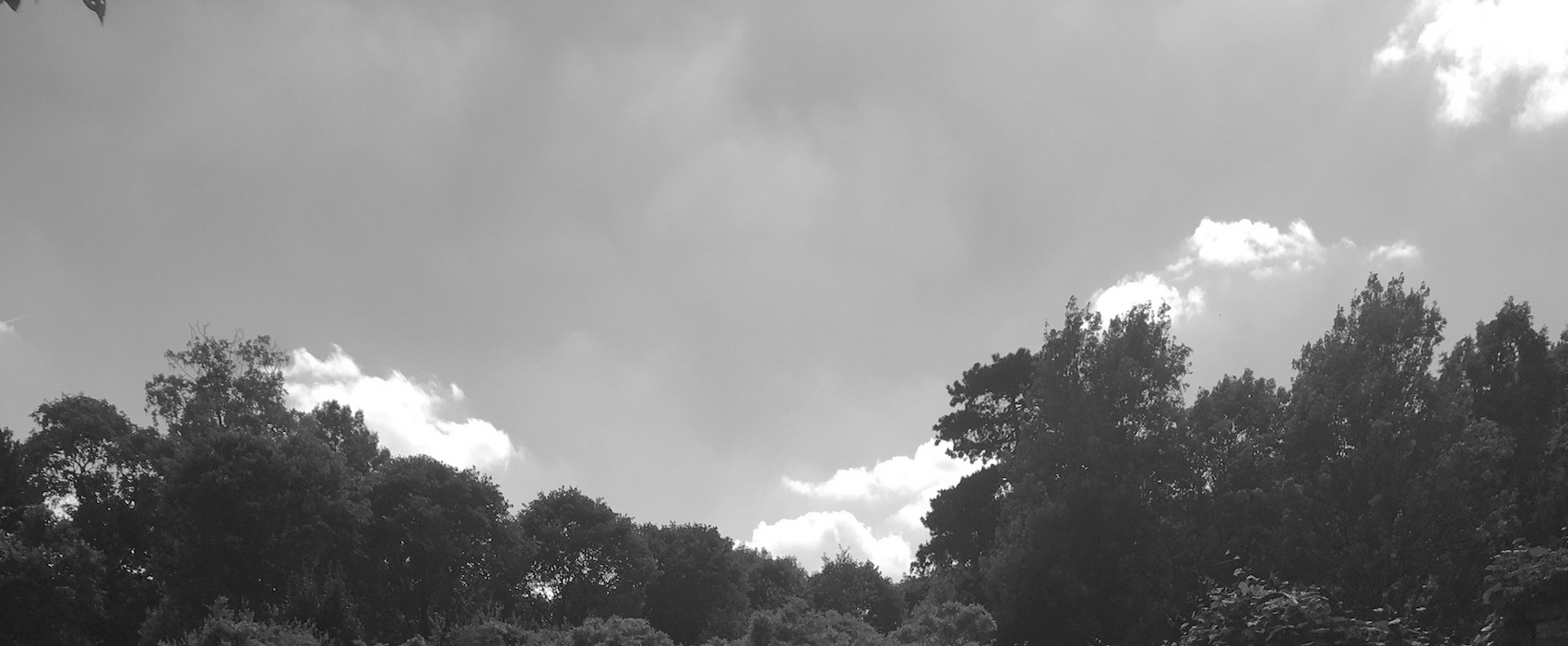News of the Manchester Arena bomb attack was just coming through as I was writing this post, and I thought then about the families of those people killed and how the dreadfulness of their experience is so poorly served by the reactions that are played out in the media and on social media.
All emotions of those who respond, but are not directly affected, are extraordinarily out of sync with those whose lives are shattered by a loss of such magnitude. The early stage of grief is a dark, stumbling, remote time, which is why it seems so terrible that people were hounded by journalists driven by the need for details and information.
I’ve often thought about what I would do if someone I know experienced loss, and sometimes all I can come up with is that I would let them know that I was there, a firm presence that they could know was there – standing even – as they experienced the disintegration of everything else.
I can hardly bare to think about what those families are going through, because I know grief is terrible and, unlike the media appetite and emoting that is part of our collective ritual, it doesn’t pass quickly. What I was writing was about the space that I find myself in, one which has been described as a waiting room, an in between space before arriving somewhere new. I know, after two and a half years, that we can get through loss, but also that is a difficult struggle. The way we respond to grief seems inadequate, shallow, offering so little to those who are in the midst of it, and will be for a very long time.
The shadow of grief seems to have lifted from me, but the place I am in – and have been for a while – seems strangely cocooned, removed from the world around it. While I’ve been here, a lot of life in London seems to have dried up. There are flurries of activity, but often I am alone and finding my way in that aloneness. Most of the time I don’t mind it . There are people I see often enough to prevent the stretches of time becoming overly long. I read a lot, walk, go running, I’m taking swimming lessons, I think, stare into space, listen to music. I’ve been doing a regular morning routine. I’ve started having one day a week when I determinedly don’t work and choose to do good, nourishing things – recently that’s involved going to my neighbours’ allotment and weeding.
Sometimes, though, I worry that I have fallen out of the world. Life currently feels so unusual that it’s difficult not to worry whether this is ‘healthy’ or not. Should I make more effort to go out, spend time with friends and meet new people? Do more with my life?
The loss of my significant other means being alone is inevitable. I lost the constant in my life, the person I could rely on to be with me without so much negotiation or arrangements or a journey. Mark was home, part of my inner world, and it was the inner loneliness, the absence of him, that I always carried around with me and had to return to after the trips and the time with friends. No amount of time with other people, however rich and gorgeous, could touch that place. But it is healing, and as that’s happened, my experience of being alone has been changing. As the absence of Mark fades, being alone is becoming something else other than missing him. I can feel a longing for something new emerging, and know that somehow I have to create a new life that isn’t dominated by loss and grief.
Easier said than done, though. So much of what I’ve been through has had to be done alone that the idea of being among people feels extremely daunting, the thought of openness even more so. I feel overwhelmed if I think about, or try to express what the past two and a half years have been like. It’s not that they weren’t without relief and some joys and wonderful love and support along the way. But the sheer horror at the severance of loss, the terrible journey to recovery, is incomprehensibly demanding, and ultimately, although the support of others is crucial, it’s something that can only be endured alone.
I hope that those who lost loved ones in Manchester and elsewhere discover, like I did, that they have strength and resilience to get through. Knowing this has forged a new respect, even liking, for myself. But despite what at times feels like a superhuman bravery in the face of suffering, I feel fearful and wobbly at the idea of moving out of the isolation of grief. I hesitate partly because I’m not really sure who this new me is, or what she wants to do with her life. But I do know she’s infinitely stronger and more fragile than she ever knew, which makes the idea of the leap seem both exhilarating and terrifying at the same time.
